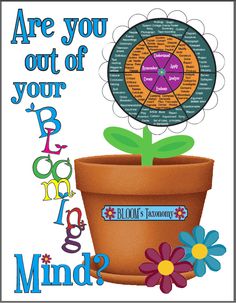Two for the Price of One

When I was a kid, my favorite kind of candy was anything that was a “two-fer”. You know the kind I mean – two pieces for the price of one, like the little bitty tootsie rolls or the tiny bottles of Kool-Aid in wax bottles. My favorite place to go for “two-fer” candy was the dime store across the street from my elementary school because they carried 5-cent caramels. This allowed me to maximize my nickel. Similarly, you will be able to maximize your time at the upcoming Regional Community College Assessment Conference because several breakouts will feature experiences and ideas that cover multiple facets of assessment. For instance, Adam Borth from Seward County Community College will be sharing how the college has incorporated assessment activities in the classroom to embrace broad institutional goals. Adam’s session promises to be very hands-on and he encourages participants to bring their current institutional learning outcomes to the session. If you are looking to Continue reading Two for the Price of One






